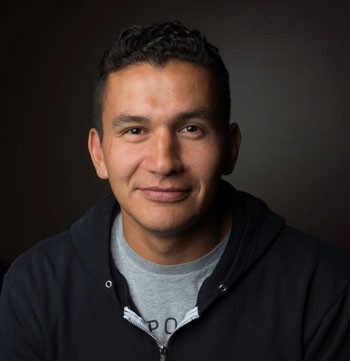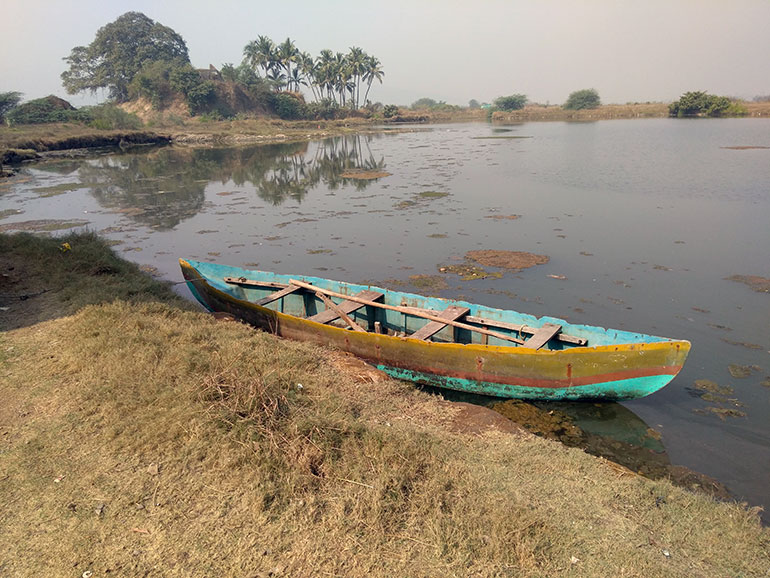
An abandoned boat in a swamp near Mumbai symbolizes how environmental histories, including colonialism resource extraction, may become irrelevant as climate change takes centre stage in global concerns.
History and Sociology Speaker Series returns for Futures Without a Past
What: UBCO History and Sociology Speaker Series
Who: Rohan D’Souza, Associate Professor, Kyoto University, Japan
When: Tuesday, September 17 starting at 6:45 p.m.
Where: Okanagan Regional Library, 1380 Ellis Street, Kelowna
If we want to save the planet from climate change, how do we protect the environmental histories of South Asian cultures?
Concepts such as the great acceleration—population growth, rapid consumption of energy and increasing greenhouse gases—only add to recent anxieties about climate change and threats on a planetary scale. But these anxieties, in particular the idea of the Anthropocene—or the age of humans—have begun to unsettle accepted interpretations of South Asian environmental histories.
These environmental histories, which include colonial resource extraction, have traditionally been preoccupied by efforts to explain the complicated and troubled relationships between ecological change and colonial rule.
Will saving the planet require society to ignore local and regional histories about South Asia’s experiences with European colonialism? Will a growing obsession with the problem of futurism make the past irrelevant and turn the present into a mere hostage of the future?
UBCO’s History and Sociology Speaker Series brings Kyoto University’s Rohan D’Souza to Kelowna for a special presentation on September 17. During his talk, Futures Without a Past, D’Souza will try to address some of these questions.
This is a free event, but pre-registration is required at: futureswithoutapast.eventbrite.com
UBC Okanagan’s History and Sociology Speaker Series, in partnership with the Okanagan Regional Library, brings leading thinkers from around the world to the Okanagan to discuss some of the big issues of today, tomorrow and the past.
About UBC's Okanagan campus
UBC’s Okanagan campus is an innovative hub for research and learning in the heart of British Columbia’s stunning Okanagan Valley. Ranked among the top 20 public universities in the world, UBC is home to bold thinking and discoveries that make a difference. Established in 2005, the Okanagan campus combines a globally recognized UBC education with a tight-knit and entrepreneurial community that welcomes students and faculty from around the world.
To find out more, visit: ok.ubc.ca

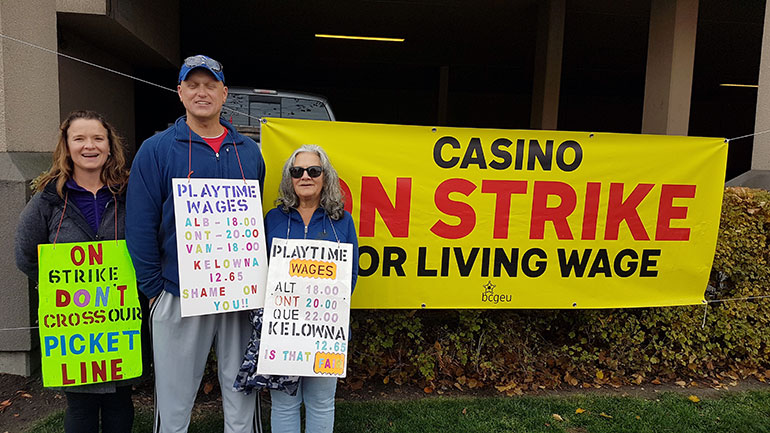
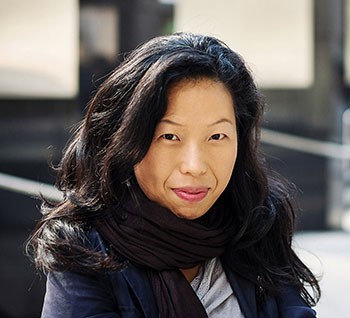
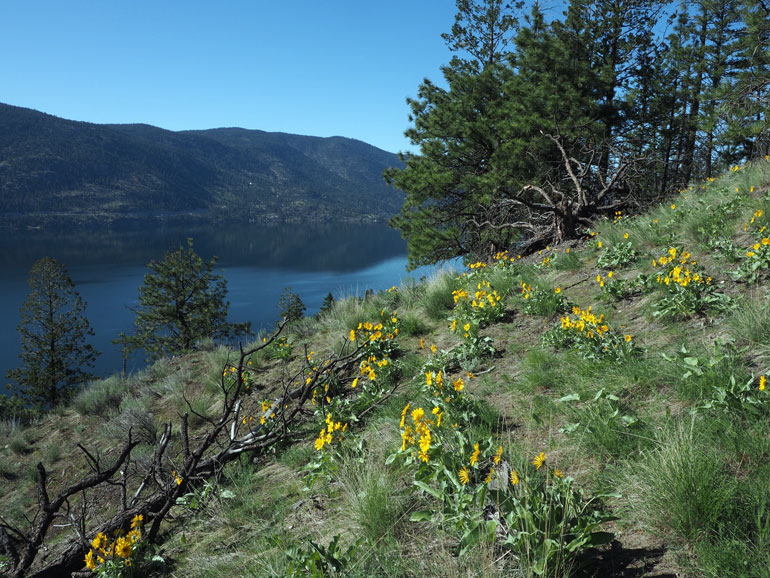
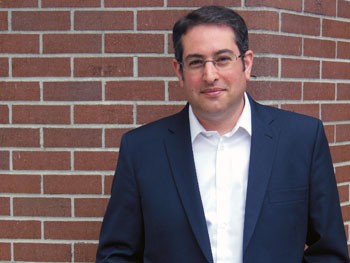
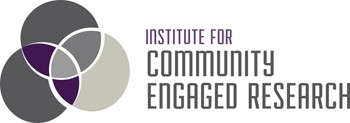 The BC Food Systems Network (BCFSN) works to create healthy, just and sustainable food systems in British Columbia by strengthening connections, nurturing capacity, and supporting food policy at all levels.
The BC Food Systems Network (BCFSN) works to create healthy, just and sustainable food systems in British Columbia by strengthening connections, nurturing capacity, and supporting food policy at all levels.